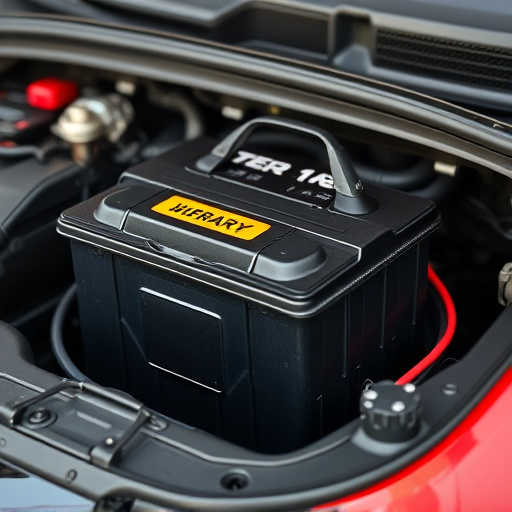Replacing an EV battery is pricier than conventional car batteries due to advanced lithium-ion chemistry, specialized labor, and equipment required. While initially expensive, EVs offer long-term savings with superior durability, fewer moving parts, and government incentives for battery replacements.
Looking to understand why replacing an electric vehicle (EV) battery is expensive? This comprehensive guide breaks down the costs, delves into key drivers, and compares traditional vs. EV batteries. We explore long-term savings and benefits of EV battery technology, offering insights crucial for both current EV owners and those considering a switch. By understanding these factors, you’ll gain valuable knowledge on the complex world of EV battery replacement.
- Understanding EV Battery Replacement Costs
- Key Factors Driving High Prices
- Comparing Traditional vs Electric Car Batteries
- Long-Term Savings and Benefits of EV Batteries
Understanding EV Battery Replacement Costs
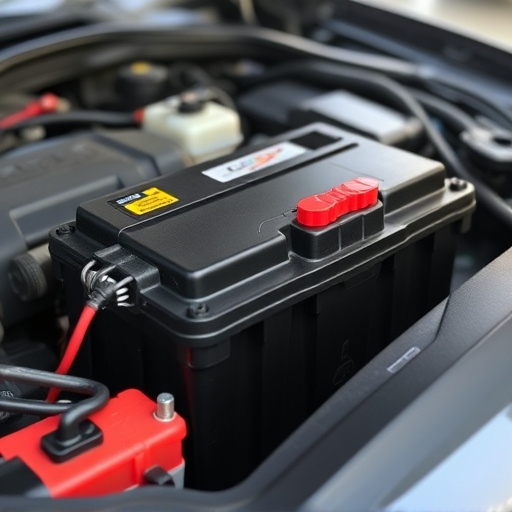
Replacing an electric vehicle (EV) battery is a significant expense due to several factors. Firstly, EV batteries are complex systems that integrate advanced technologies like lithium-ion chemistry and sophisticated cooling mechanisms. These components contribute to higher production costs compared to traditional internal combustion engine vehicles’ 12V lead-acid batteries.
Moreover, EV battery replacement involves specialized labor and facilities. The process is more intricate than a regular car battery swap, requiring skilled technicians and specific equipment to handle the delicate nature of lithium-ion batteries safely. This increased labor cost, combined with the expensive materials and components, directly reflects in the price consumers pay when replacing their EV batteries.
Key Factors Driving High Prices
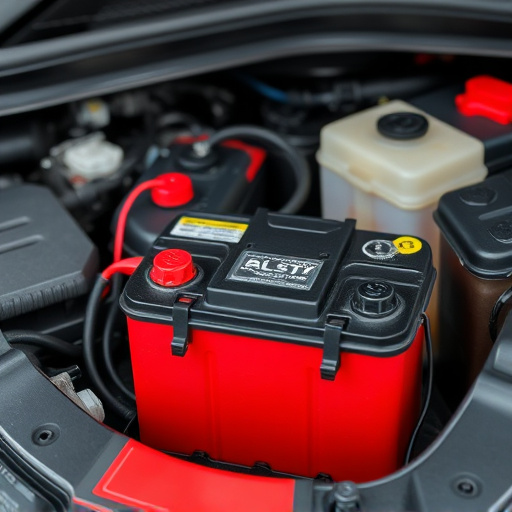
Replacing an electric vehicle (EV) battery is costly due to several key factors driving high prices. Firstly, EV batteries are complex technologies that require advanced manufacturing processes and specialized materials, making them expensive to produce. These batteries often use lithium, cobalt, and nickel—precious metals with significant price fluctuations.
Secondly, the demand for EV batteries has surged in recent years as more vehicles shift towards electric power, leading to increased production costs. Additionally, the intricate design of EV batteries means that replacement involves specialized labor and equipment, further elevating expenses. As a result, when it comes to replacing a car battery, especially in EVs, consumers can expect to pay premium prices reflecting these factors.
Comparing Traditional vs Electric Car Batteries
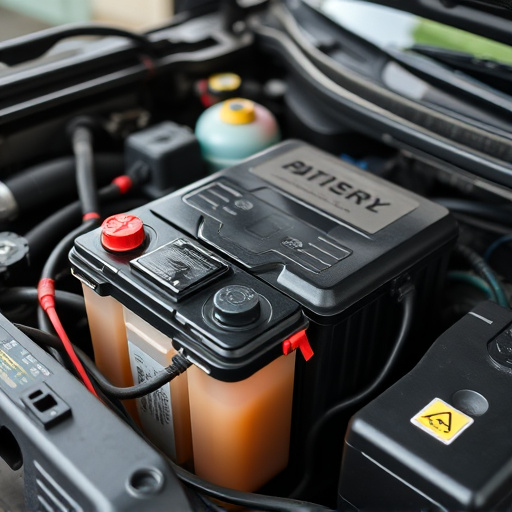
Traditional internal combustion engine (ICE) vehicles and electric vehicles (EVs) store energy differently, which significantly influences the cost of replacing their respective batteries. ICE cars rely on a 12-volt lead-acid battery, a well-established technology that’s been refined over decades. These batteries are relatively inexpensive to replace, with costs varying from $50 to $200 depending on the make and model. In contrast, EVs use lithium-ion batteries, which store more energy per unit volume and weight, enabling longer driving ranges. While these advanced batteries offer superior performance, they come at a higher upfront cost. EV battery prices have decreased over time, but replacing an entire pack can still run several thousand dollars, making it a substantial expense for vehicle owners.
Moreover, the complexity of EV battery systems sets them apart from traditional car batteries. EV packs consist of numerous individual cells connected in series and parallel configurations, requiring specialized knowledge and equipment for safe removal and replacement. This added complexity contributes to the higher cost of EV battery replacements compared to their conventional counterparts.
Long-Term Savings and Benefits of EV Batteries
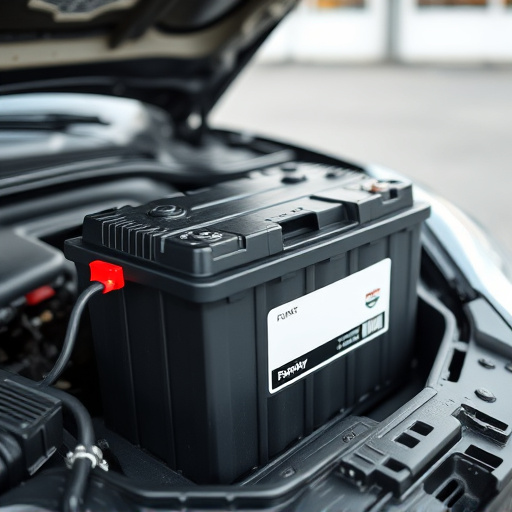
While replacing an electric vehicle (EV) battery can be a significant financial investment upfront, it’s crucial to consider the long-term savings and benefits. EV batteries, with their advanced technology, offer durability and performance that traditional internal combustion engine vehicles simply can’t match. Over the lifespan of the vehicle, these batteries can lead to substantial cost savings on fuel and maintenance.
Unlike conventional cars that require frequent oil changes, gas fills, and other routine maintenance, EVs have fewer moving parts, leading to reduced wear and tear. This translates into lower ownership costs and less time spent at service centers. Additionally, many governments offer incentives and subsidies for EV purchases, including tax breaks and rebates on battery replacements, making the transition more affordable in the long run.
Replacing an electric vehicle’s battery remains a significant expense due to the advanced technology, specialized manufacturing processes, and scarce resources involved. However, the long-term benefits of EV batteries, including their environmental impact reduction and cost savings over traditional vehicles, make the investment worthwhile. As with any technology, advancements in production methods and recycling programs will likely contribute to more affordable replace car battery costs in the future, further cementing electric vehicles as a sustainable choice for consumers.
